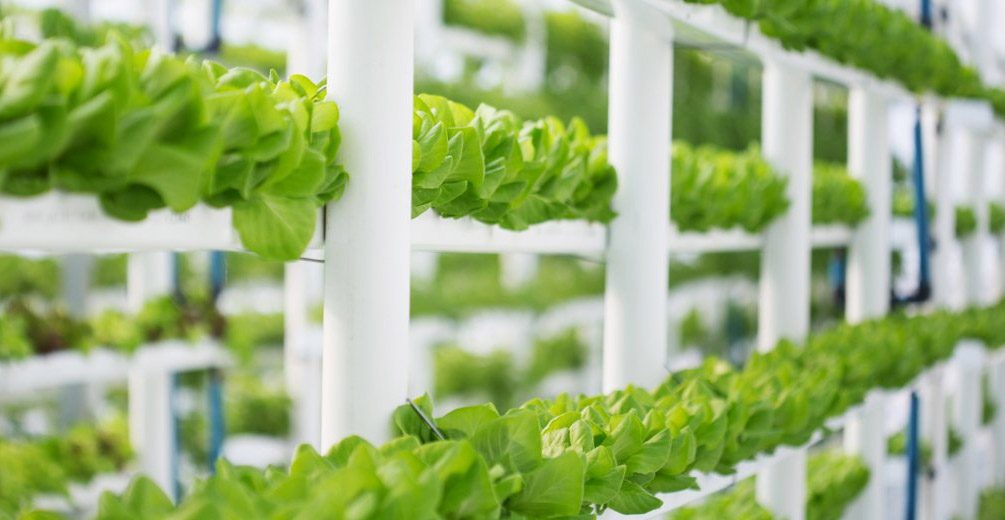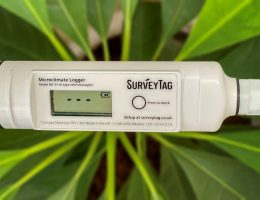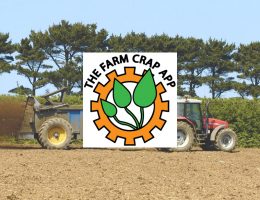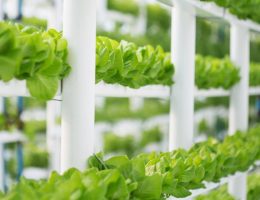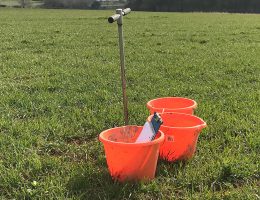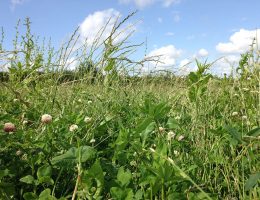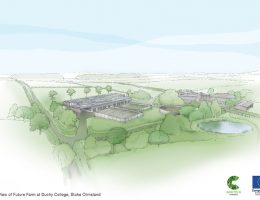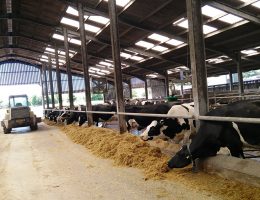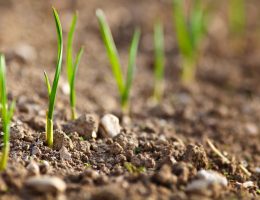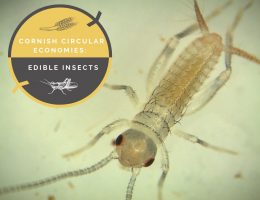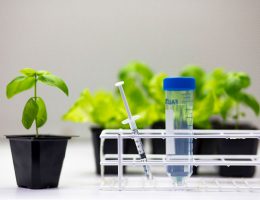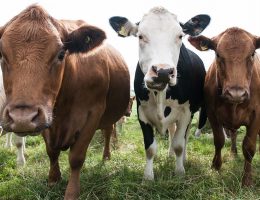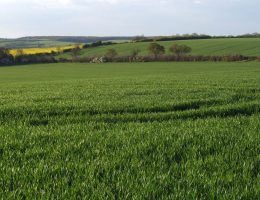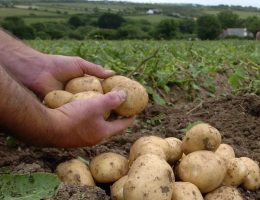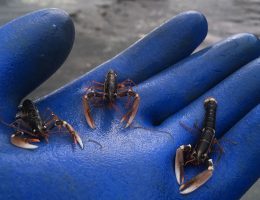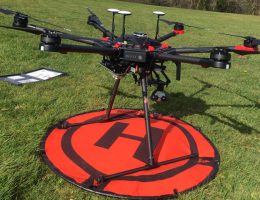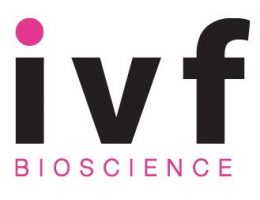Climate change is creating increasing uncertainty around the predictability of temperatures, rainfall, wind-speeds, and growing conditions generally. This project’s main objective was to build a multi-tier hydroponic system with Controlled Growing Environment (CGE) conditions, i.e., an environment in which all those uncontrollable factors can be, and are, controlled.
Controlled-environment agriculture (CEA) aims to produce food using technology which maintains the best possible growing conditions as crops develop. This happens within a structure like a greenhouse or building, and hydroponic methods are used to supply the right amounts of water and nutrients to the root zone.
Energy, space, capital and labour are also all optimised by CEA, which employs different techniques for growing different kinds of food, and vertical farming – which can produce crops all year round – is one of the most viable. Existing and previously-abandoned buildings can and frequently do host CEA, helping to meet the growing demand for fresh food products.
The Plant Factory’s twofold remit was, firstly, to help businesses research the light spectrum to promote growth and the quality of chemicals in various plant species, and, secondly, to help businesses understand the potential of CGE conditions and encourage them to establish their own facilities (and the technology to remotely monitor them).
Several Cornwall-based businesses helped us build an advanced plant factory system which facilitated high-level research into both the influence of optimised lighting spectra on crop yield, and pharmaceutical and medicinal plant species under laboratory growth-controlled conditions. This included investigating bio-active compounds derived from a range of pharmaceutical and medicinal plants against clinical benefit in a range of cancer cell line models. Growth conditions were adapted to maximise production of important bioactive compounds; further research is being undertaken at Derriford Research Facility for use as novel therapeutics for cancers and neurological diseases.
The project has also shown several local companies how CGE technology increases productivity and yield, specifically for high-value crops to service the promising Agri-pharmaceutical sector. This emerging area is increasingly linked with ways to boost immune systems, as well as to prevent, treat and minimise the impacts of certain conditions, diseases and viruses.
The project gave rise to published research, saw ex-work experience students start their own company and also featured in several popular press articles and on BBC TV News and local radio.
To find out more please email us at agritech@plymouth.ac.uk or call us on 01752 588341.

